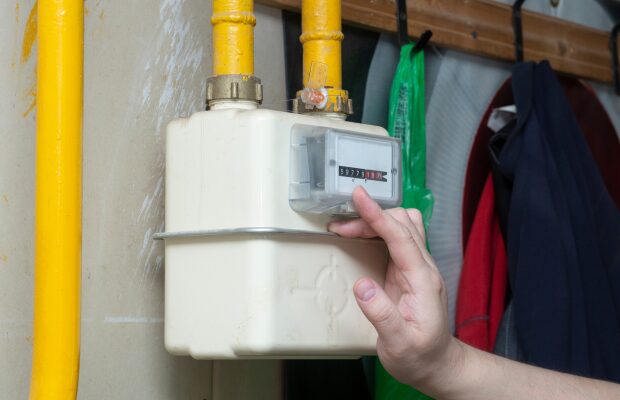When you let a property with another person, you may wonder how this affects your rights as an individual tenant. Are you liable for any unpaid rent from your housemate? Do you pay individual deposits or one lump sum?
At Ellis & Co, we like to offer as much transparency as possible with the lettings process. With that in mind, here are the key things you should know before signing your name on a joint tenancy agreement.
For more tips, check out our helpful renting guides.
What is a joint tenancy agreement?
Once you’ve signed a tenancy agreement with another person, you will mutually be under what is known as a ‘shared tenancy.’ This is a common arrangement amongst students, young professionals, and families as these are scenarios in which every tenant is likely to live in the property for the same duration and move out at the same time.
Who you’re living with
This type of living arrangement relies on mutual trust, respect and clear communication, so you should only consider entering a joint tenancy with people you know well.
A common example of this is when students sign a joint agreement with people they have already shared student accommodation with. This is an ideal situation as all parties will have some idea of what it’s like to coexist with the other housemates, while also having the advantage of pre-established relationships.
However, it’s important to note that joint tenancy agreements and living in close proximity can put a strain on any friendship, so you must be prepared to set boundaries, respect each other’s space and privacy, and communicate clearly in order to maintain healthy relationships with your housemates.
Choosing a lead tenant
You and your housemates can decide on a lead tenant before paying your deposit, and the landlord or letting agent will protect the deposit in that person’s name. The elected lead tenant should be someone who is willing to take on the responsibility of:
-
ensuring all bills are paid on time
-
maintaining regular communication with the landlord or letting agent
-
redistributing the deposit at the end of the tenancy
Before nominating someone, make sure they are content and committed to act as Lead Tenant, as this decision usually cannot be undone during the tenancy unless in exceptional circumstances.
Responsibilities of joint tenants
Since joint tenants are under the same agreement, the responsibilities of the home are to be shared out equally, as well as any consequences for breaching the agreement.
Everyone living in the property must follow the terms of the tenancy agreement and take good care of the home throughout the tenancy. If one person fails to do so, all tenants are liable, not just the perpetrator.
Joint tenants are also responsible for ensuring that rent is paid in full – this is known as joint or several liability. Sharing the responsibility of rent means that the landlord can ask any joint tenant to cover missed payments, or ‘rent arrears’. To avoid this, make sure to regularly communicate with other tenants about rent before it becomes an issue, especially if you are Lead Tenant.
Deposits
Much like the entire process of renting under a joint tenancy agreement, getting your deposit back will rely on your housemates being trustworthy and responsible.
Since a joint tenancy is technically one tenancy, there will only be one deposit made up in separate payments from each tenant. Therefore, the lead tenant will receive the full amount once the tenancy has ended, and it is their responsibility to redistribute it back to the other tenants accordingly.
The deposit scheme, landlord or letting agent will not be able to assist with any disputes once the deposit is returned, so make sure to establish a clear agreement with your lead tenant and other housemates on how to split the deposit as soon as you move in so that there aren’t any misunderstandings later down the line.
Are you searching for your perfect rental home? Contact us today.








